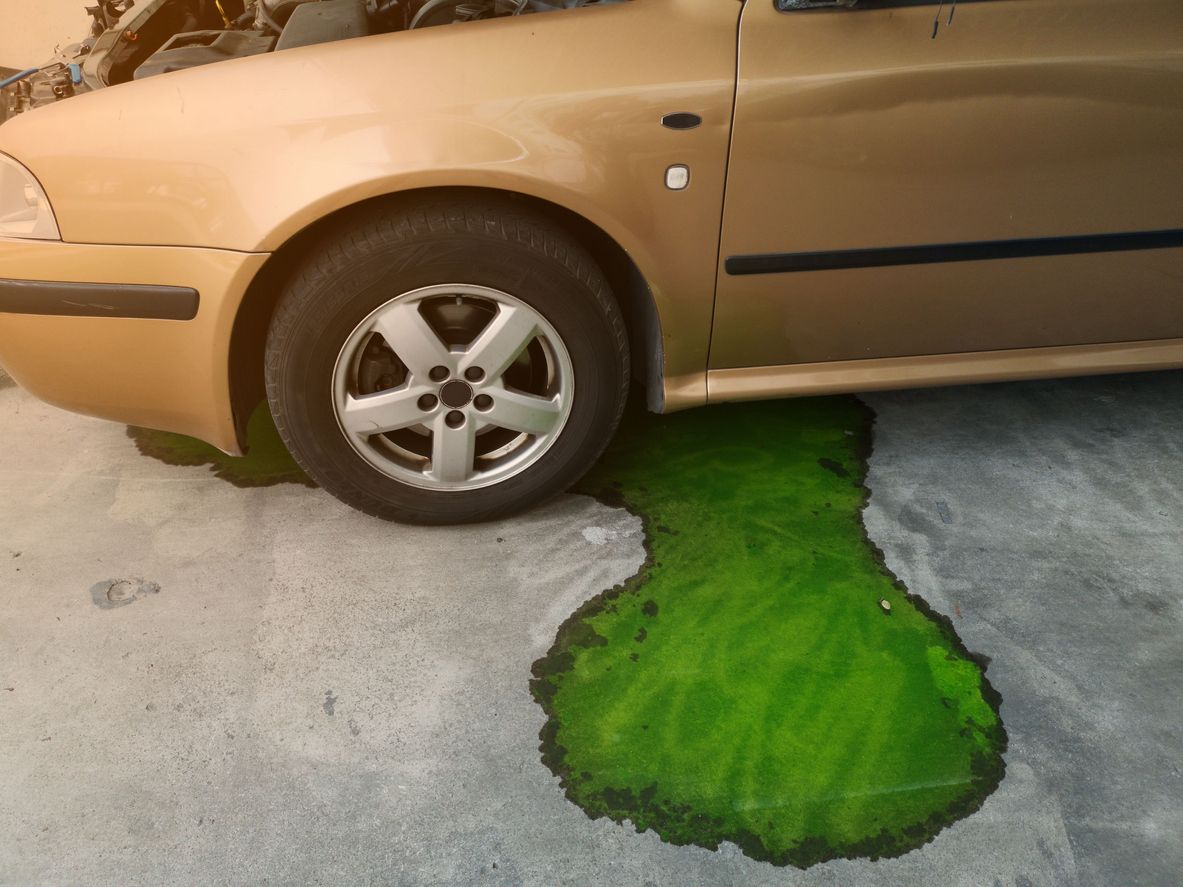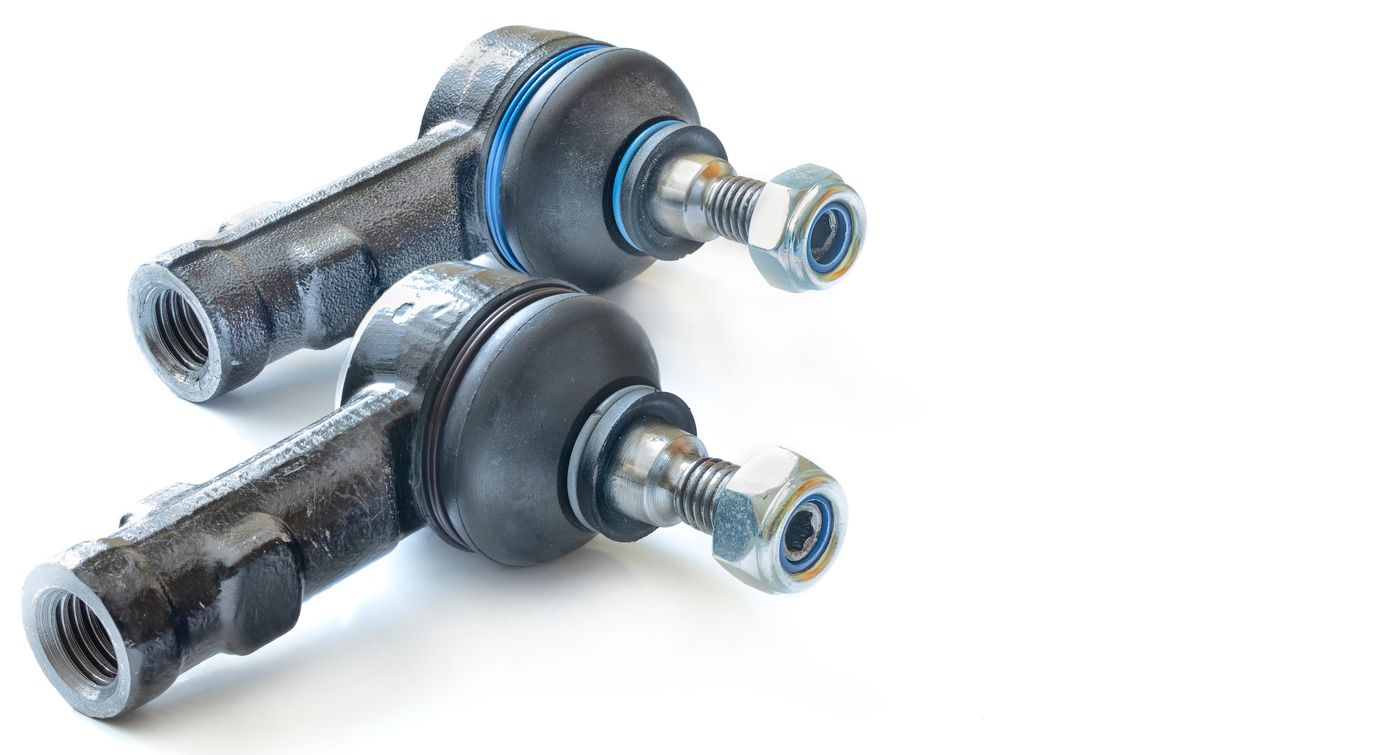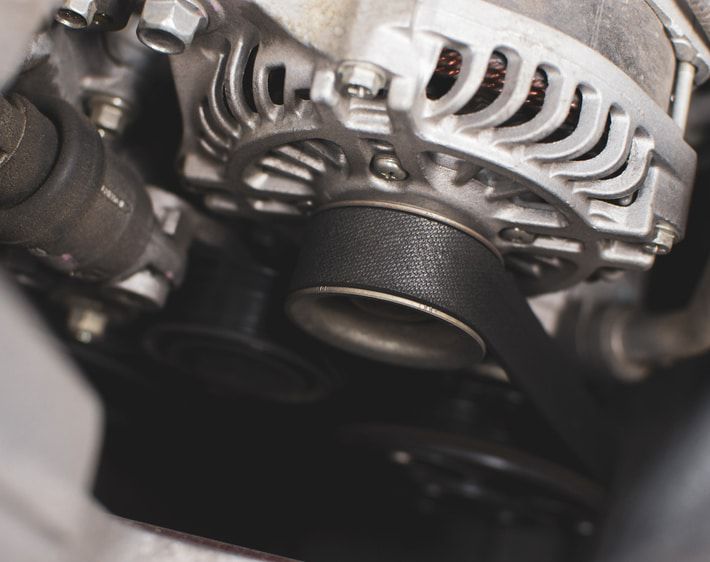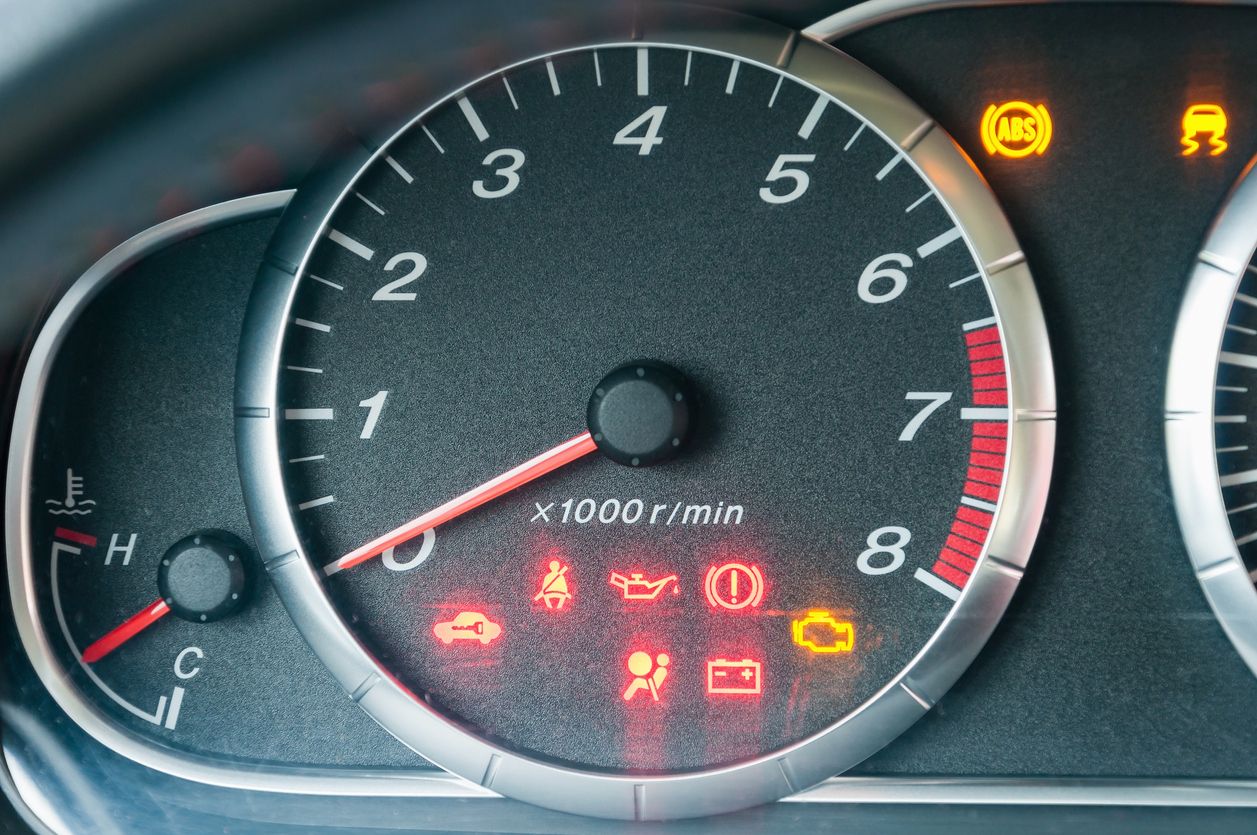It's the dead of summer, and things are really heating up outside and in your engine! Make sure your engine stays cool in the heat by watching out for signs that your radiator is on its way out. Paying attention could save you from significant repairs and being stuck on the side of the road!
Common Radiator Problems
Before learning about the most common radiator problems, knowing what role it plays within your car is a great place to start. Your vehicle's radiator is the star of your cooling system, while the coolant, thermostat, and water pump are essential supporting components.
The radiator's job is to cool the coolant within your vehicle. This helps to maintain an optimal engine temperature. When the heat within your engine begins to rise, the thermostat opens and the water pump pushes coolant throughout the radiator.
Once the coolant has reached the ideal temperature, it is sent back into the engine to cycle through and cool the components. Without an effective cooling system and radiator, your engine would be at constant risk of overheating. Here are a few issues you may experience if your car has coolant problems.
Leaking Coolant
While radiator leaks can be caused by many things, corrosion of the radiator and its surrounding hoses and components are typically what lead to this problem. From rusting, holes, deterioration, excessive pressure, and more, it's essential to have your radiator inspected if you notice sticky, bright-colored fluid (coolant) beneath your vehicle. Without the fluids your engine needs in order to maintain its internal temperature, it may begin to run too hot.
Faulty Thermostat and Water Pump
Your radiator works in unison with the water pump and thermostat. When one of these components stops functioning correctly, your engine may become starved of the fluids it needs to stay cool. If the water pump becomes faulty, the coolant will not be circulated as well as it should. And when the thermostat goes bad two things may happen., It may stick closed andyour vehicle's system won't be able know when to release coolant into the radiator which can cause quick overheating or it may stick open and will not allow your vehicle to reach normal operating temperature.
Both of these issues could put your radiator at risk of not doing its job efficiently — thus, wreaking havoc on your engine and other crucial car parts. If you experience this issue, it's best to have these components replaced immediately.
Rusting Radiator
Another common radiator issue is internal rusting. When you consider the liquids, metal components, and electricity constantly flowing in the engine, it becomes clear that oxidation, rust, and corrosion are a true threat to your cooling system. When voltage finds a path through the coolant it can cause electrolysis damage which can result in internal rusting, pitting or flaking of the cooling system. Rusting can lead to holes and leaks, which can cause overheating, reduced radiator function, and damage to all of the components it supports.
While a rusting radiator is common, individuals living in colder, harsher climates may experience rusting from the outside of the radiator due to road salt. In which case, it's best to inspect your radiator more frequently. Oftentimes, internal rusting can be observed by way of your coolant. If it is brown or red-ish in color, this can be an indication of rust within the radiator. If this is the case, have your radiator inspected by a professional technician at Firestone Complete Auto Care.
Sludge Build-Up
When a build-up of mineral deposits, debris, and gunk clogs up your radiator, it becomes difficult to distribute coolant properly. There is a smaller ‘radiator’-like device in the dash called a heater core that is used to heat the cabin area if desired by the driver. Sludge build-up can lead to heating failure within your vehicle's cabin and may even lead to your car overheating. One of the best ways to resolve this problem before it begins to affect other components is to get a cooling system inspection and coolant fluid exchange
Overheating
Because the radiator, water pump, and thermostat all work together to keep the cooling system up and running, if one component fails, this can spell doom for the others. That's why all of the above issues can lead to an overheated vehicle.
When your vehicle’s electric fan(s) or fan clutchradiator fails, you might notice that your temperature gauge is constantly creeping above the high heat mark — especially in summer. You might also see steam rising from beneath the hood. If you notice overheating or your car breaks down on the highway, turn on your hazards and find a safe place to pull over. Discontinue driving until the issue has been fixed since this could permanently damage engine components. Knowing how to cool overheating engines is crucial to the life of your vehicle.
Help Your Car Keep Its Cool with Firestone Complete Auto Care
Resolving coolant leaks or replacing a thermostat is likely to be far less of a burden on your wallet than repairing your engine. Servicing your radiator when there is an issue is essential to the longevity of your vehicle. Head to your nearest Firestone Complete Auto Care for radiator repair services as soon as you notice that your car is "too hot to handle."



